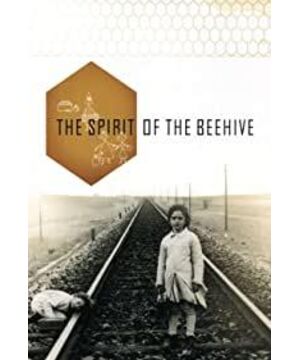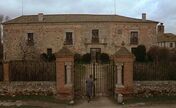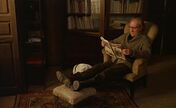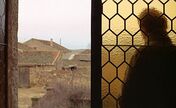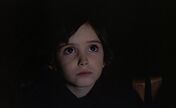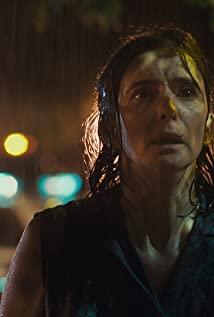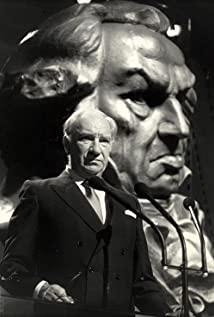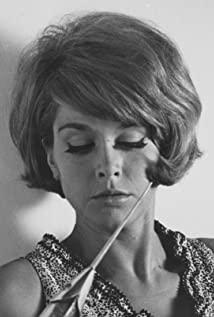The Ghost of the Hive is a metaphor for the hard and futile labor of the people in the Spanish hive ruled by Franco. The ruler and the oppressed are the queen and worker bees.
The note of the beekeeper's father is the indictment:
"Someone to whom I recently showed my glass beehive, with its movement like the main cogwheel of a clock, someone who saw the constant agitation of the honeycomb, the mysterious, frantic commotion of the nurse bees over the nests, the bustling bridges and stairways of wax, the invading spirals of the queen, the endlessly varied and repetitive labors of the swarm, the relentless yet ineffectual toil, the fevered comings and goings, the call to sleep always ignored, undermining the next day's work, the dinal repose of death , far from a place that tolerates neither sickness nor tombs, someone who observed these things, after the initial astonishment had passed, quickly looked away with an expression of indescribable sadness and horror.”
"I showed my glass hive to the human door, its mechanical movement like the clockwork wheels, never stopping, mysterious and frantic commotion from the upward-facing nurse bees... The queen makes aggressive slaps on the wax cell. In the spiral, the bees are working hard and useless. They are so enthusiastic about their work that they will not hesitate to affect the work of tomorrow. In the end, they die quietly... away from this place that does not endure disease and death. "
The mother who writes to her lover "We have lost the ability to feel" represents the people under the system, or the mother who insists on writing to the station to send the letter represents the forces of ideology. A father saying "don't tell mom" when he is picking mushrooms with his children can be seen as a reference to the doctrine/system in the civil war. Then the mother said to Anna that "a good girl and a good ghost are together", if Anna is a "good girl", it implies that the mother becomes a "ghost". The mother may be a lot like Anna and have fantasies too. In the honey-colored room, the sound of playing the piano is inaccurate, implying that the future of mother and lover is uncertain. Later letters are burned, and fantasies are destroyed. The mother clothed the father and continued to live in vain. In the photo album, the father and the powerful people took a group photo, and the text on the mother's photo was "world-weary". The two were completely different. The two parents have their own ties, and they rarely share the same frame. Anna's imaginary friend (Frankenstein) also has family reasons for lack of love. (The weird person by the water at night is the face of my father)
The perceptions of the eldest daughter Isabel and the youngest daughter Anna - the vision of the mannequin's eyes; the smell of poisonous mushrooms; the vibration of the railroad track/heart beat hearing contrast, and the concept of Anna's sensory existence has not yet been formed. The clip of Isabel and the black cat, on the one hand, shows Isabel's precocious puberty (blood on lipstick), and on the other hand implies that there will be misfortune. Anna believed what Isabelle said to Anna. The elder sister pretended to be dead to frighten the younger sister. Anna's concept was confused, and she couldn't tell whether Isabel was a human or a ghost (jumping over the fire scene). When Isabelle was not sleeping in the room, the two were no longer in the same frame. In the world of her own imagination, Ana forms a concept that is different from that of her parents and sisters (Spain's future hopes).
The jumping soldier and his mother may have a romantic relationship. If the clothes that Anna brought were from her father, then the pocket watch belonged to her father. It might be that her mother gave her the pocket watch to her father, and the soldiers only knew Anna's identity when they saw it. If the pocket watch belongs to the military, then the pocket watch is the token of the mother and the military. It is a temptation for the father to take out the watch at the dining table.
Fragmented thoughts, write where you want.
View more about The Spirit of the Beehive reviews


